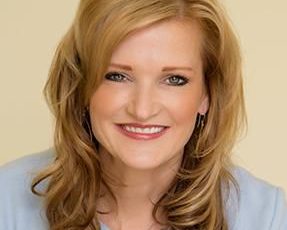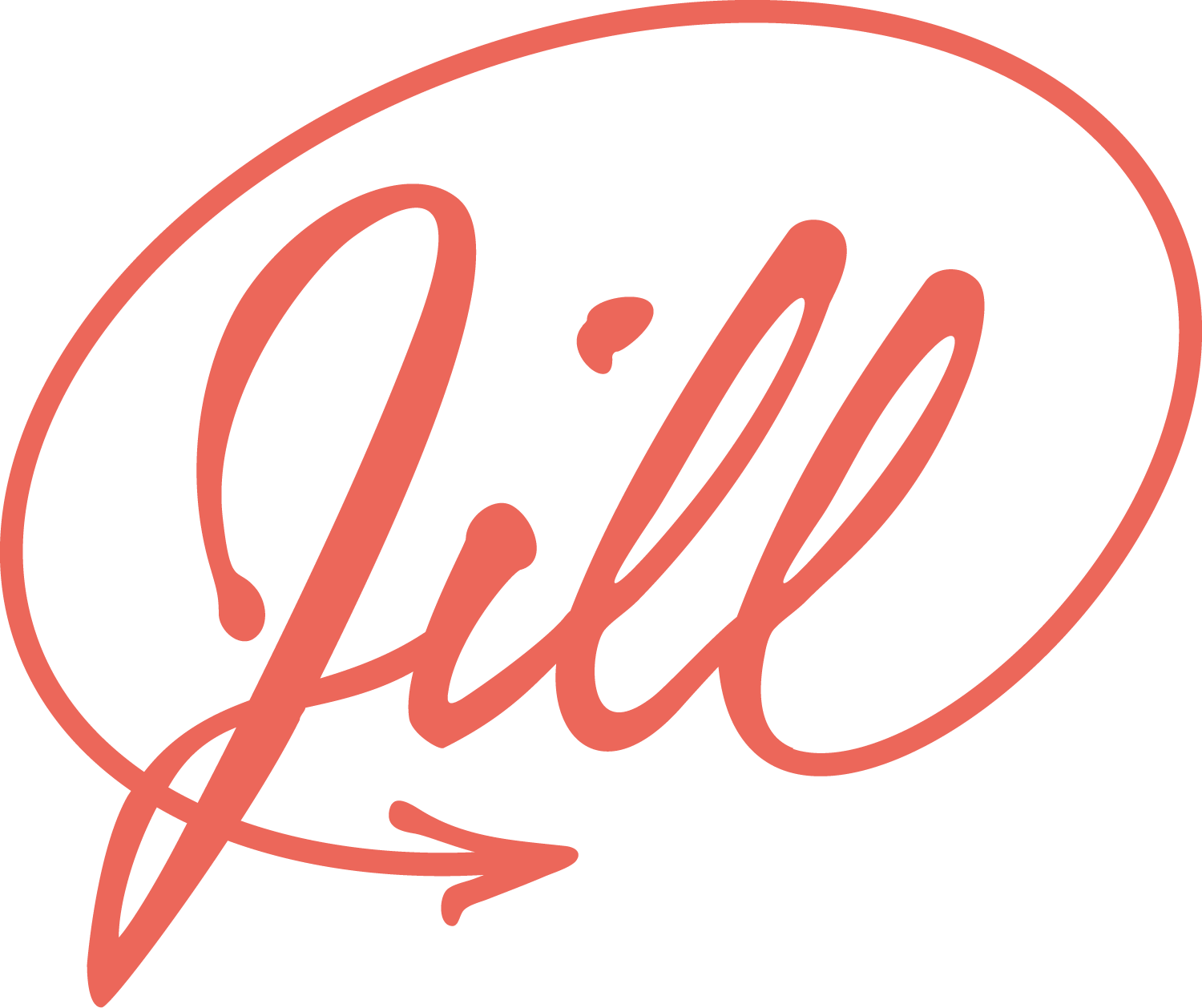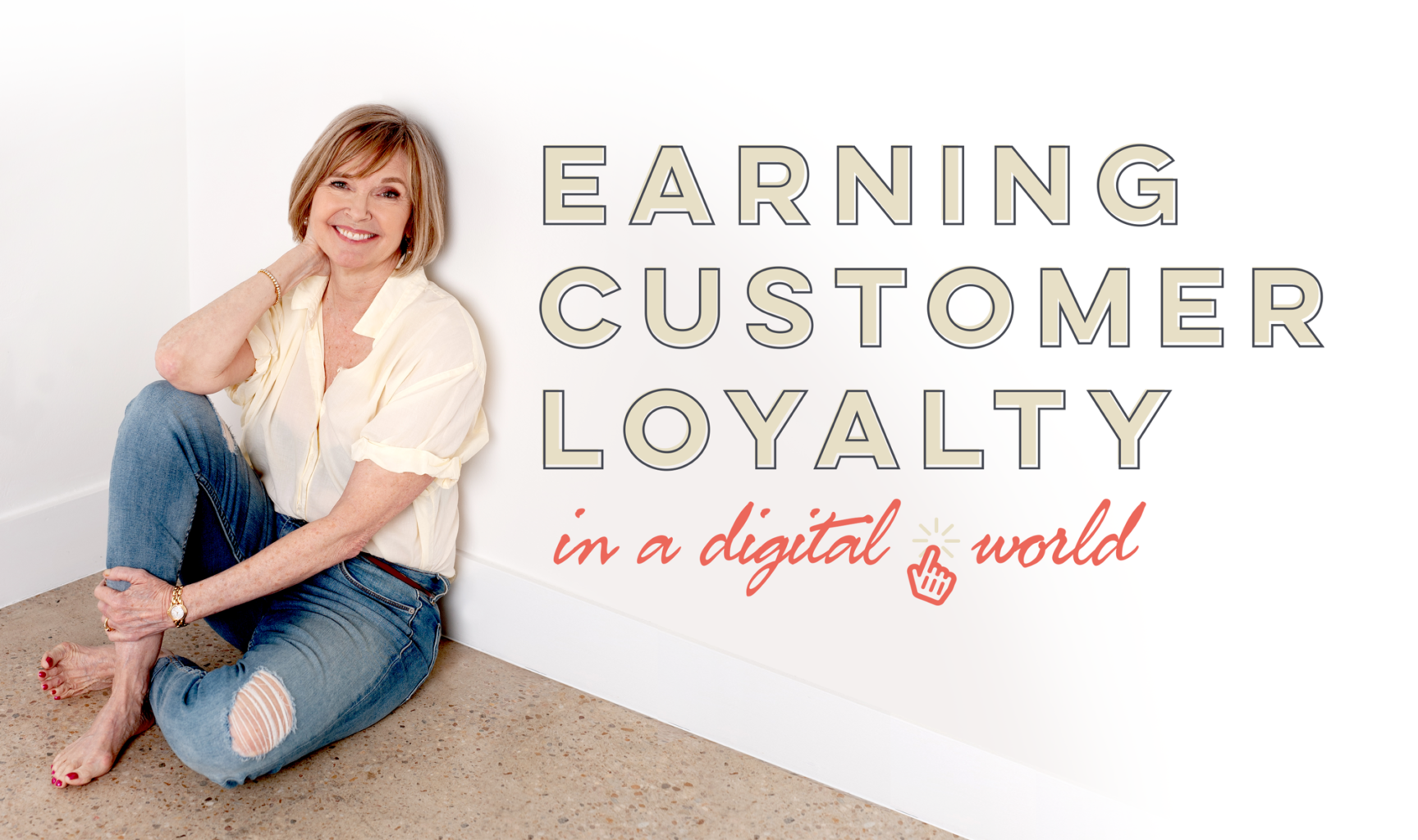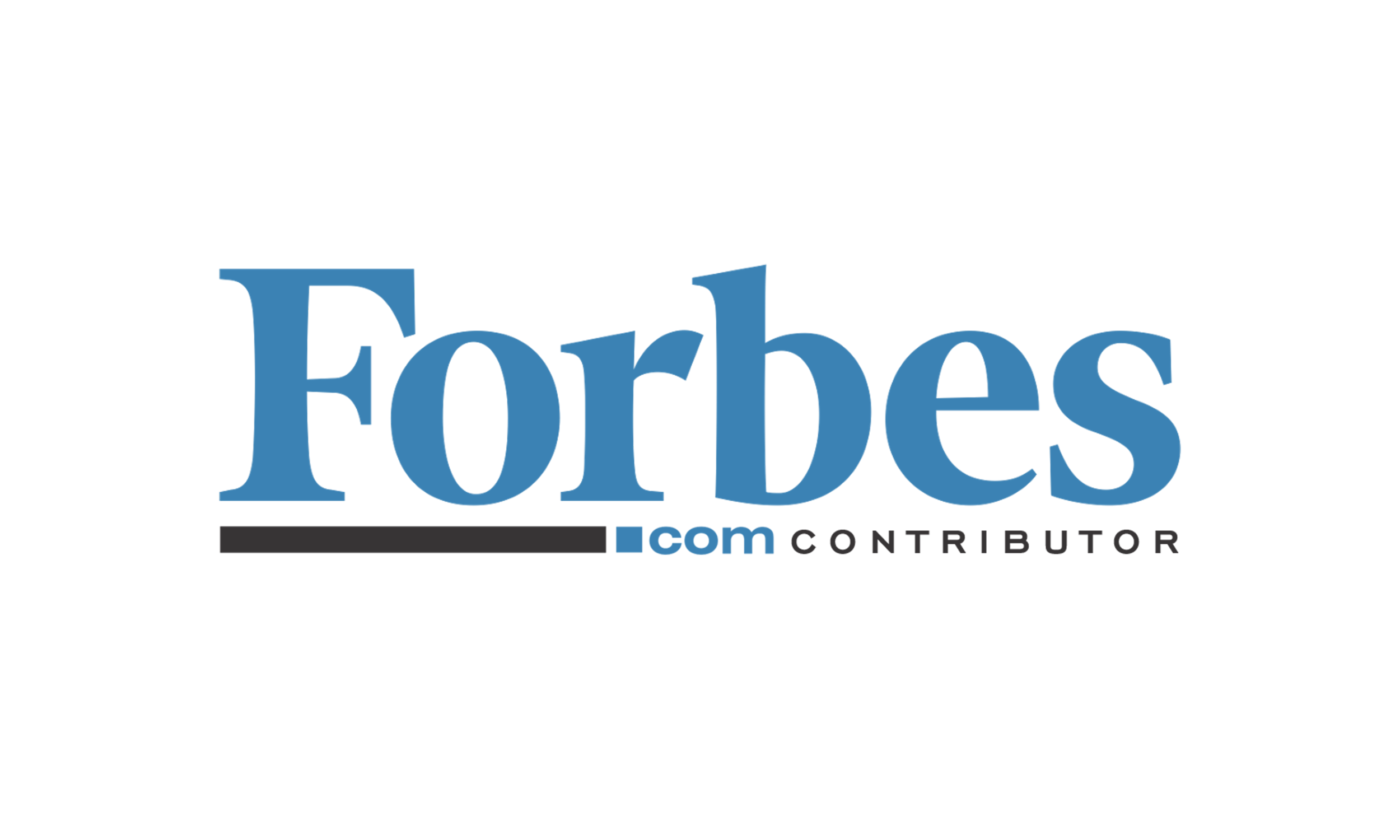
When You Hit A Wall
Shelly Sun is the CEO and Founder of BrightStar Group Holdings, Inc., the parent company of BrightStar Care® and BrightStar Senior Living & Memory Care. BrightStar Care® is a premium healthcare staffing company providing the full continuum of care, from homecare to supplemental staffing for corporate clients such as nursing homes and physicians
As part of the COVID-19 efforts, Shelly has been active in legislation activating over 5,000 communications by franchisees in its 40 states to members of the House and Senate as well as to each of the 40 Governors through the National Governors Association. Shelly helped secure ADP reporting and facilitated funding for PPP funding for all of its 180 franchisees that qualify. Shelly stood up a PPE warehousing capability investing over $2 million in PPE to make PPE available for front line healthcare workers to enhance worker and client safety.
I had the opportunity to interview Shelly recently. Here are some of the highlights of that interview:
Jill Griffin: Where did you grow up? Describe your early childhood and its significance on your life.
Shelly Sun: I grew up in Knoxville, Tennessee as an only child. My mom bought me a t-shirt that said, “anything boys can do girls can do better,” and that was my mantra growing up. I wanted to push myself and felt I had something to prove. I also had a math teacher encourage me – back when girls were not encouraged in STEM classes – and it began a love of numbers that drove me to an undergraduate and graduate degree in accounting. Numbers created a strong foundation that help me ground my huge heart. Scaling a business takes head and heart…built upon passion and resilience.
Griffin: Describe a painful setback in your life and what it taught you. (For example, I lost my dad when I was 15. It was a “hard scrabble” to get my education. It taught me to speak up and ask for what I needed.)
Sun: The one that comes to mind was the painful setback I felt when “Undercover Boss” came to screen me as a potential “boss” for the show. They liked our business and thought I may be a good fit and were leaning toward yes, but then asked about my revenue and I didn’t meet their ‘unwritten criteria of $100 million in revenue.’ They said thanks but they were going to talk to my competitors and work to get one of the larger companies in my industry to do the show. I was heartbroken that I had missed the opportunity for my franchisees to show our Higher Standard of care. I picked myself up and got a little angry and very determined. I searched for every executive at CBS and sent overnight communication to all of them explaining why I would be the best ‘boss’ for our industry. I was self-made with my own capital and still owned 100% of my company (and do today) – and I thought the show needed an American Dream story showcasing a female leader. The letter must have connected with the right person and the message must have resonated because they came back and I was live on air in under nine months.
Griffin: When did you first get the whisper you belonged in business?
Sun: I never planned on opening my own business, but after going through the home care journey with my grandma, I felt like I could make a difference in the home health care industry. I had someone give me the Robert Kiyosaki book Rich Dad Poor Dad that described business ownership as less risky than employment because your hard work could propel you to success and you didn’t have to worry about corporate downsizing. The approach of the book spoke to my conservative nature around risk management while appealing to a path to leverage my intense work ethic and passion to make a difference. I gave myself 12 months to succeed or fail and I decided, if I failed then I would go back to corporate America and utilize my accounting degree. The business broke even in under six months and I never looked back.
Griffin: Briefly outline your early career and your goals.
Sun: Prior to BrightStar Care, I was a CPA and led SEC and statutory reporting for a publicly traded insurance company. I was not an entrepreneur and never thought I’d be an entrepreneur. An accountant is probably as far from ‘risk-taker’ as you could possibly imagine. The shift in my career came because of a personal experience, not because I didn’t want to be an employee.
Griffin: What drew you to your current work?
Sun: In late 2001, my grandma was in need of in-home health care. Through this personal journey, I identified a gaping hole in the health care sector and saw firsthand the need for a better in-home care option. In early 2002, my grandma passed away, and shortly after her death I read the book Rich Dad, Poor Dad by Robert Kiyosaki, which I mentioned I received as a gift. The book relays a message for its readers to take control of their own destiny, and I took this as a sign to start my business that would offer families a service that I was once desperate for – a highly personalized care service that was not being provided anywhere else. From there, I founded BrightStar Care in late 2002.
Griffin: Talk about a big business set back and how you handled it. What did it teach you?
Sun: We grew really quickly, and our first challenge hit us when we didn’t have the resources to fully respond. Two months into the launch of BrightStar Care, we had to provide a client with 24/7 nursing care. We had to find a way to pay our nurses weeks before we got paid. We struggled at that time and had to put payroll on credit cards, praying bills got paid while our credit line was extended. Our greatest success in revenue turned out to be the scariest operationally.
Griffin: What are the principles you now live by?
Sun: I believe in high performance for my entire team and also myself. I believe in sharing success with my team and giving positive recognition because they are key to our growth and to the service we deliver for our franchisees and clients. Every employee in our organization, from receptionist to senior leadership, has an opportunity to earn an annual bonus and the amount is not finite…if our results are above budget then we pay above 100% of the bonus target. I believe in shared success. I also believe in empowering others to make decisions and ensuring everyone in the organization is clear on our plan for the future – from the 1-year plan to the 10-year plan and everything in between – so we are all going in the same direction.
Griffin: What advice do you have for building and living a fulfilling life?
Sun: Believe in the good of what you are doing, because without that, success is difficult to achieve and sustain. I didn’t have much time between my transition from CPA to entrepreneur, but what I did have was a fully formed vision and a small team that stuck by me 100 percent as we hit the ground running. Hitting walls can stop even the most brilliant of people if they don’t have the determination to climb them.



